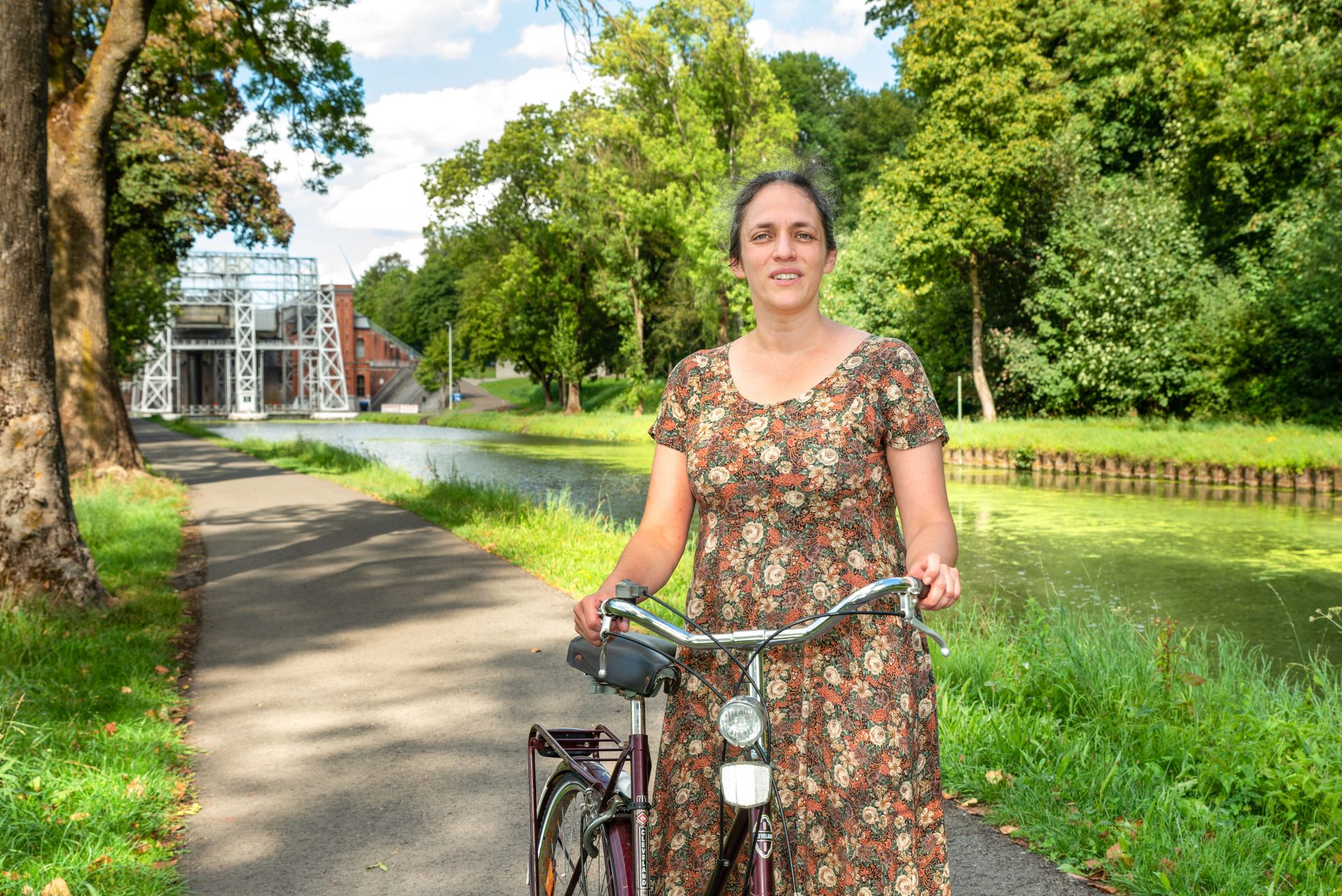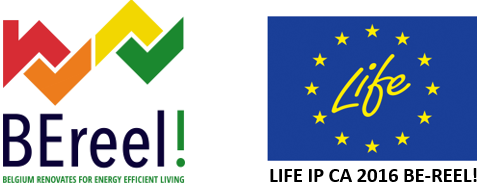So, La
Louvière is one of the 100 climate neutral and smart cities. Can you explain
that project a bit?
Nancy: “I
can't really say much about it. There is currently no permanent employee on
this project in our city, which is of course subject to change. What I do know
is that our candidacy has been approved and that the EU will choose 30 cities
as pilot cities from that selection of 100. Bear in mind that the selection is
not a competition. It does not necessarily reward the best students in the
class, because in Wallonia itself there are cities that have not been selected,
but are further ahead than La Louvière in terms of climate neutrality. I did
read a nice comparison on the website of the city of Leuven. They compared it
to the moon landing: a great event that can set an example. It's actually about
this: La Louvière is a relatively poor city with a lot of industry. If we can
be the first to become climate neutral, it can inspire similar cities with an
industrial past or with around 80,000 inhabitants and show that it is possible.
After all, every selected city is different and starts from a different
situation.”
What
exactly is a Smart city and how will La Louvière become one?
Nancy: “I interpret
it as a city that deploys and uses all innovative technologies, not so much
because it is possible, but to achieve climate neutrality. This climate
neutrality may not always be visible to the public. I am thinking, for example,
of the monitoring of municipal buildings for which we have an action plan to
better insulate them and connect them to a renewable energy source. Whether La
Louvière will effectively be climate neutral by 2030 remains to be seen. We
will try, of course. We had an action plan to reduce our emissions by 40% by
2030 and now we need to get to 100%. That will be a tremendous effort,
especially because it will require a progressive mentality shift among
citizens. Going from thirty to three hundred buildings to be renovated is not
something you do overnight. In that sense, the pursuit of climate neutrality is
primarily a commitment. Last year, the city approved the LLO 2050 project,
which is based on three strategic objectives. Firstly, it wants more space for
nature and greenery in La Louvière. We call it a park city. Secondly, La
Louvière has no historic center and consists of many separate villages. The
objective here is to create civilian constellations and connect the different
villages via safe pedestrian and bicycle routes. A third objective is to give
our city multiple resilient economies, where it used to be a mono-economy
(=coal). In that sense, it might be interesting as a twinning city, which this
EU mission gives the opportunity to do, to choose a city that only had 1
economy.”

